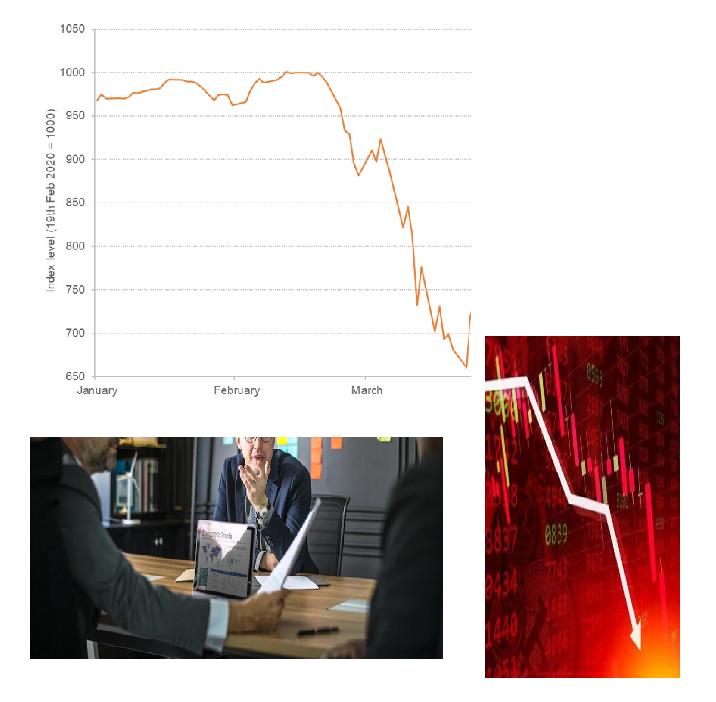Kidd v Paull & Williamson LLP [2017] CSOH 16
Citation: Kidd v Paull & Williamson LLP [2017] CSOH 16
Rule of thumb: If Solicitors are engaged to provide advice on the sale of the shares in a company by a shareowner, and the value sought for the shares is not obtained, can the Solicitors be sued for negligence? This is generally deemed to be a case which is relevant for a full trial, and the facts have to be looked at closely. These are complex actions to raise.
Facts & arguments:
The facts of this case were that Kidd, an owner of a company, instructed solicitors, Paul & Williamson LLP/Burness Paul LLP, to oversee the sale of his majority stake in company. After a long & complex series & chain of events, Kidd’s business went into administration, the company was sold as a going concern, and he received nothing for his shares. The defending solicitors argued that the downfall of the company was so complex that it was not caused by their negligence and that the action for damages should be dismissed. The Court held that this was a relevant case to proceed to trial to consider whether negligence on the part of the advising solicitors played a role in the downfall of the company, and the case was one which could proceed to a full trial before a final declaration on negligence & potential damages could be made.
Judgment:
One of the accusations Kidd made as to be determined at a full trial was fraud. The Court also held that LLP’s are considered to be creatures of statute with separate personality, making them more comparable to companies rather than partnerships, and that the default laws of partnership were not incorporated into the law of LLP’s in the absence of agreement or other statutory provisions. So, this meant that if there were acts of fraud done by the member solicitors, these were deemed to be acts of fraud done by the company/LLP, and not attributable to the partners themselves to potentially make the company/LLP exempt from liability.
Ratio-decidendi:
‘Summary and Disposal [76] The practical consequences of the foregoing opinion may be summarised as follows: 1. The pursuer’s case based upon fraudulent misrepresentation will be dismissed as irrelevant. 2. With regard to the pursuer’s case based upon breach of fiduciary duty: (a) Summary decree will be granted to the extent of finding that the first defender was in breach of its fiduciary duty to the pursuer; quoad ultra the pursuer’s motion for summary decree will be refused; (b) Averments by the pursuer of a causal link based upon failure by the first defender to disclose its breach of duty (see paragraph [48] above) will be excluded from probation; (c) Averments by the pursuer of separate breaches of fiduciary duty in 2012-13 will be excluded from probation; (d) Quoad ultra the relevancy of the pursuer’s claim to have sustained loss as a consequence of the first defender’s breach of fiduciary duty will be determined after proof; (e) The relevancy of the defence of contributory negligence will be determined after proof. 3. The defenders’ motion to dismiss the action based upon breach of contract and negligence as irrelevant at this stage will be refused. [77] I wish to express my gratitude to all counsel for their very full and carefully researched presentation of difficult issues. Before pronouncing an interlocutor I shall put the case out by order to discuss further procedure, including more precise identification of the passages in the pleadings that are to be excluded from proof. Questions of expenses are reserved’.
‘Limited liability partnerships were a statutory creation. As section 1(5) of the Limited Liability Partnerships Act 2000 made clear, the law relating to partnerships did not apply to LLPs except as provided by the Act. It followed that the incidence of liability of an LLP for the wrongdoing of a member was governed by the Act and not by analogy with the law of partnership. Section 6(1) stated that every member of the LLP was its agent. Section 6(4) stated that where a member of an LLP was liable to any person as a result of a wrongful act or omission of his in the course of the business of the LLP, the LLP was liable to the same extent as the member. A fraudulent act by a member was accordingly a fraudulent act of the LLP’, Lord Tyre, 16

Warning: This is not professional legal advice. This is not professional legal education advice. Please obtain professional guidance before embarking on any legal course of action. This is just an interpretation of a Judgment by persons of legal insight & varying levels of legal specialism, experience & expertise. Please read the Judgment yourself and form your own interpretation of it with professional assistance.

